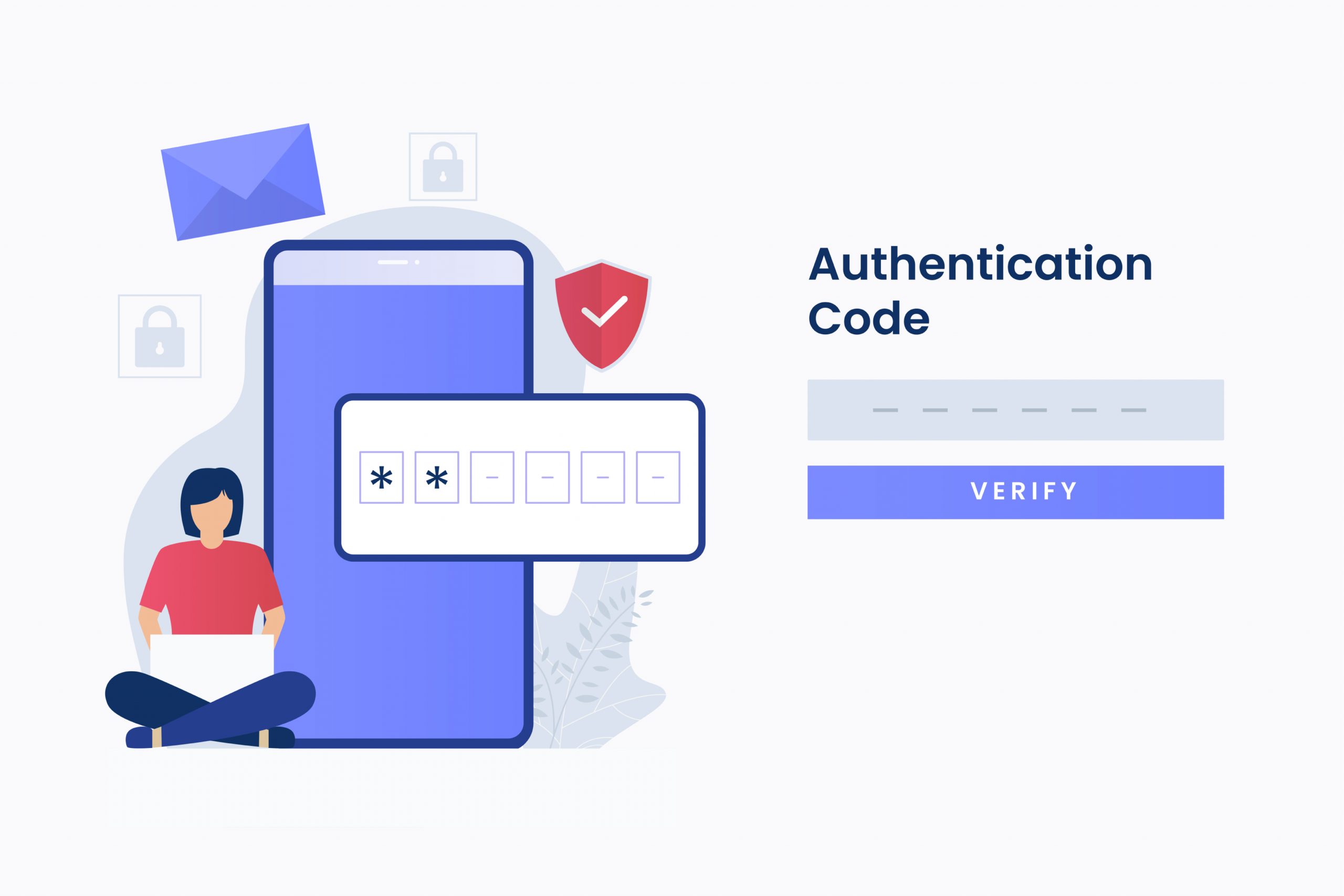In May, Google announced the transition to unconditional two-step verification (2SV), which is currently an option, and did not announce any deadlines. And now, during the Cybersecurity Awareness Month, Google has clarified that by the end of 2021, 150 million users will be forcibly transferred to two-step verification.

After activating the mechanism, the system will send a special request to confirm the identity to the smartphone connected to the account, says ITC. Needless to say, phone notifications are generally more reliable than SMS messages that can be intercepted.
Google will enable unconditional two-step verification (2SV) for 150 million users by the end of the year. Earlier, Google said it would automatically register users on the 2SV system if their accounts were “properly configured.” And now the company is remembering this moment again. You can check the settings on a special page – at this link.
Along with 150 million Google users, two million YouTube authors will switch to two-step verification. Google reports that in 2018 it was used by only 10% of users.
As we’ve said before, this and other related initiatives are part of Google’s broad efforts to implement the concept of a “password-free future.” Back in 2019, it made it possible to use an Android smartphone as a physical security key for two-factor authentication (2FA), and in 2020 it extended the solution to the iPhone. Also, two years ago, the search giant began offering login without biometric data without a password.
An alternative to standard two-step authentication to protect your account is to consider a physical security key. Google offers its own Titan product, and there are plenty of solutions on the market to choose from, notes NIXsolutions.
Other IT corporations are also working to reject passwords – for example, in September, Microsoft opened wide access to completely password-free authentication in its services.
